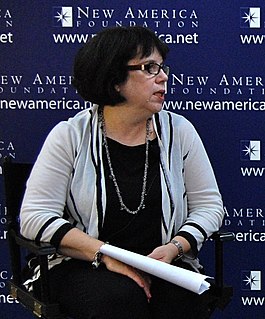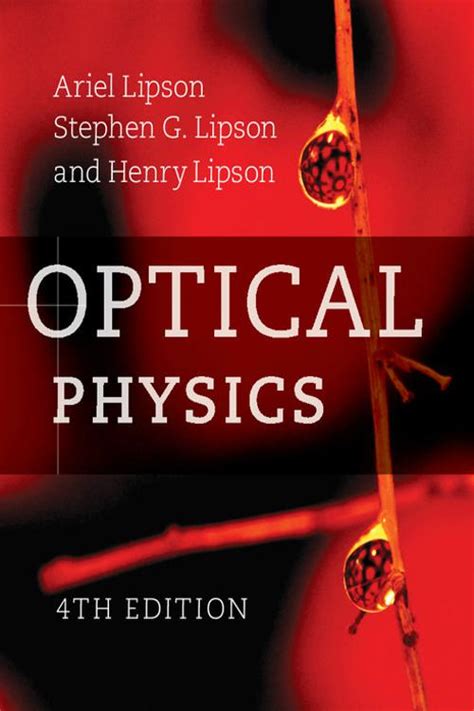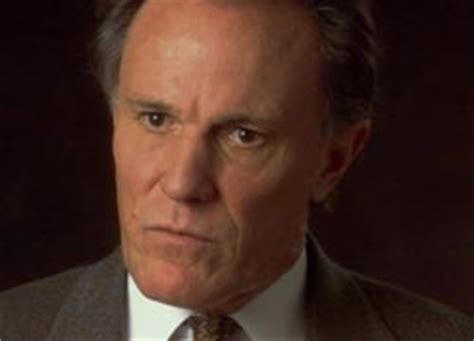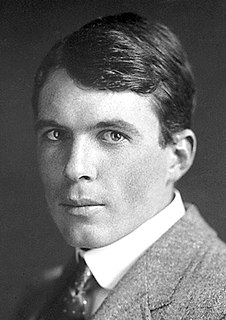A Quote by Frederik Pohl
A large fraction of the most interesting scientists have read a lot of SF at one time or another, either early enough that it may have played a part in their becoming scientists or at some later date just because they liked the ideas.
Related Quotes
Beyond the Einsteins and Darwins, most scientists don't have chroniclers. Einstein and Darwin were geniuses - that helps. Many scientists do amazing stuff, but it just disappears into footnotes and dusty medical journals. If I were masochistic enough, I could spend the rest of my life rescuing scientists. Most of them aren't natural self-promoters.
Darwin's book, On the Origin of Species, was published in 1859. It is perhaps the most influential book that has ever been published, because it was read by scientist and non- scientist alike, and it aroused violent controversy. Religious people disliked it because it appeared to dispense with God; scientists liked it because it seemed to solve the most important problem in the universe-the existence of living matter. In fact, evolution became in a sense a scientific religion; almost all scientists have accepted it and many are prepared to 'bend' their observations to fit in with it.
Scientists and theologians can’t offer better than circular arguments, because there are no other kinds of arguments. Bible believers quote the Bible, and scientists quote other scientists. How do either scientists or theologians answer this question about the accuracy of their conclusions: “In reference to what?
See, I am the mayor of Realville, and science is not up to a vote. It either is or isn't. Whatever it is, it is or isn't, but it's not up to a vote. Global warming doesn't exist because a "consequences of scientists" agree. Manmade global warming either is happening or it isn't, but it isn't up to a vote. But it is being presented to you as a consequences of scientists. Therefore, the science is not settled. Besides that, we all know that it's a hoax now. It's just some people don't want to accept that, but it is.
I feel very strongly indeed that a Cambridge education for our scientists should include some contact with the humanistic side. The gift of expression is important to them as scientists; the best research is wasted when it is extremely difficult to discover what it is all about ... It is even more important when scientists are called upon to play their part in the world of affairs, as is happening to an increasing extent.
The scientists I looked up to at the beginning were not Latino. They were famous scientists of many years ago, like Madame Curie. Later, I realized that there were also, but a very few, Latino scientists. There were good ones, but very few, because there wasn't as much a tradition to be a scientist in our culture. But this is changing.
Scientists are people of very dissimilar temperaments doing different things in very different ways. Among scientists are collectors, classifiers and compulsive tidiers-up; many are detectives by temperament and many are explorers; some are artists and others artisans. There are poet-scientists and philosopher-scientists and even a few mystics.
I would love to see music reinstated as an essential part of schooling. The culture that it brings; the knowledge that it brings. Just learning how to read music requires metrics, and I think that helps you with mathematics. A lot of scientists and doctors have a musical background - it's very interesting.
I think that when you're depressed, you can't concentrate long enough and well enough to read for the most part; some people can, but by and large people - that's one of the first things that goes, is the capacity to read meaningful literature. With grief, that's not true. For a while you can't read, but then you really are amenable to solace.





































